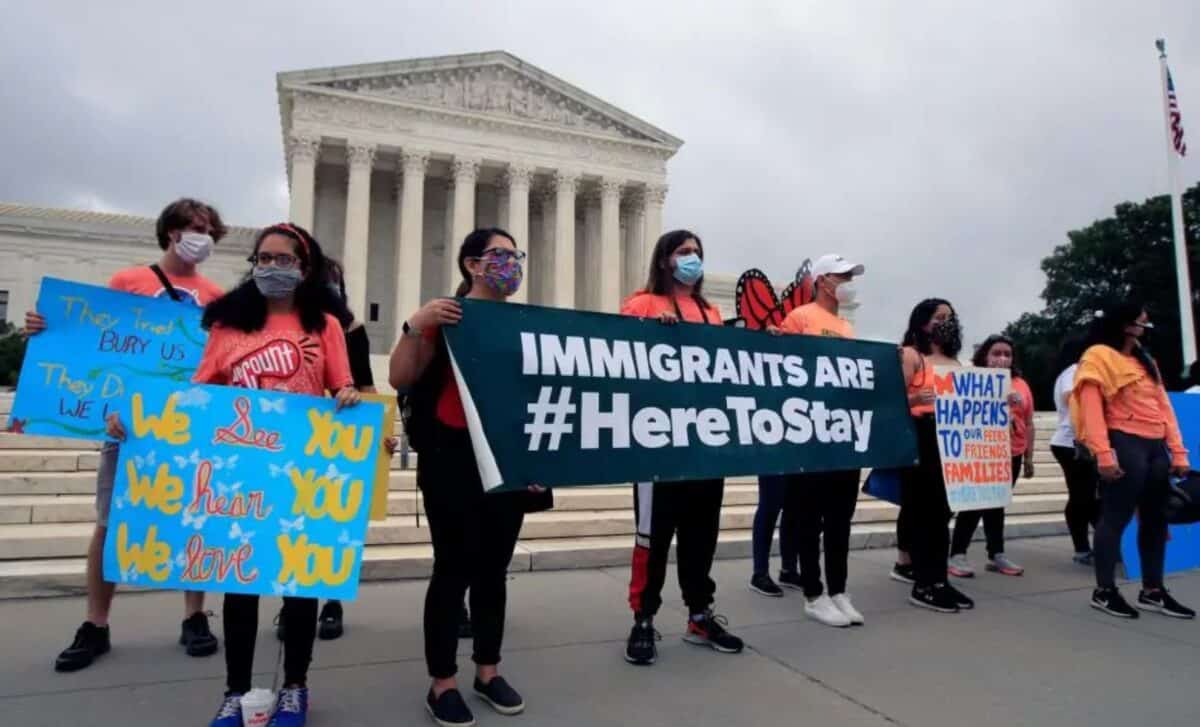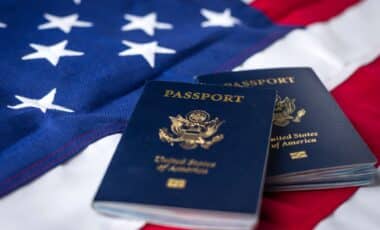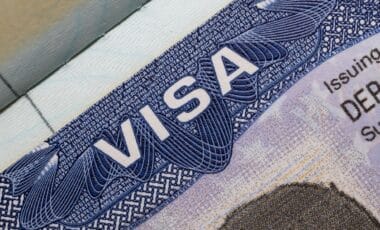In a highly contentious ruling, the US Supreme Court has permitted the Trump administration to invoke the 1798 Alien Enemies Act to deport alleged gang members, but with clear restrictions.
The court’s decision allows the administration to continue its deportation efforts, but the ruling mandates that detained individuals must be given an opportunity to challenge their deportations in court.
The Alien Enemies Act, a law seldom invoked since World War II, grants the president broad powers to deport individuals deemed as threats to national security.
Trump’s administration has used the law to target alleged members of the Venezuelan Tren de Aragua gang, labelling them as foreign threats. However, critics argue that the law is being misapplied in a non-wartime context, risking significant harm to individuals’ rights.
Court’s Decision and Legal Implications
The Supreme Court’s 5-4 ruling lifted a lower court’s temporary block on deportations, which had been imposed after legal challenges were raised by the American Civil Liberties Union (ACLU).
While the court sided with the Trump administration, it stipulated that those facing deportation must be given reasonable notice and an opportunity to seek legal recourse before being removed from the country.
According to the court’s majority opinion, the challenge must take place in Texas, where the detainees are held, rather than Washington, D.C.
The decision has sparked heated debate over the scope of presidential power in matters of national security and immigration. The Trump administration hailed the ruling as a victory for the rule of law, asserting that the president has the constitutional right to safeguard US borders from security threats.
However, dissenting justices expressed concerns over the government’s attempt to bypass judicial oversight in deportation cases, warning that this could set a dangerous precedent for future executive actions.
The Alien Enemies Act and Its Controversial Use
The Alien Enemies Act, passed in 1798, was originally intended to deal with potential threats from foreign nationals during times of war or national crisis. Historically, it has been used during major global conflicts, such as World War II, to detain or deport individuals from enemy nations.
This is the first time it has been applied to deport alleged gang members, such as those associated with the Tren de Aragua group, who are accused of violent crimes including drug trafficking and human trafficking.
Critics argue that the law’s use in this context is a gross overreach, as it has traditionally been limited to wartime situations. The administration’s decision to invoke the law against alleged gang members raises questions about its applicability in the absence of an official declaration of war.
Furthermore, concerns have been raised about the fairness of the process, with some detainees being deported based on tenuous evidence, such as tattoos or clothing choices. The ACLU has filed lawsuits on behalf of the detainees, arguing that they were wrongly identified as gang members without sufficient legal recourse.









